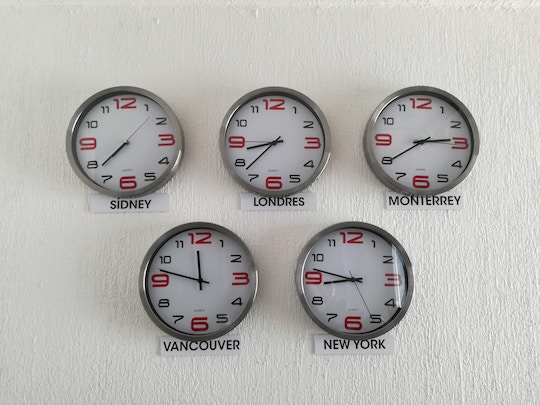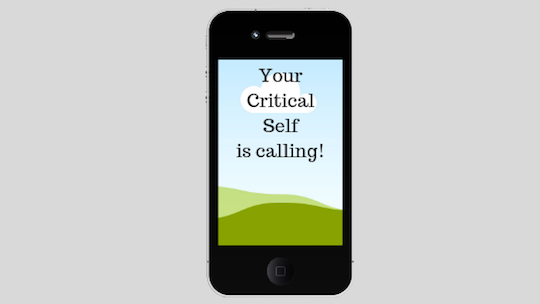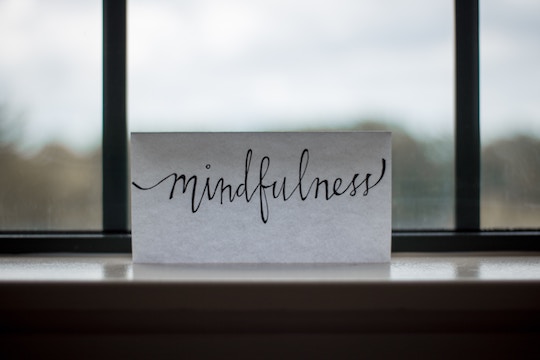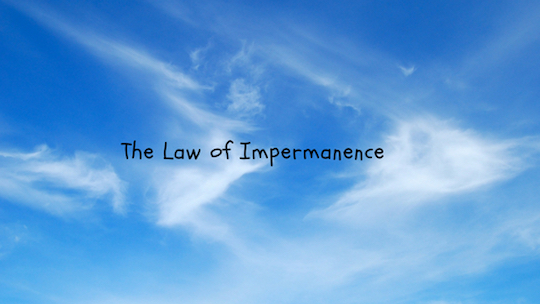“On the other side of the door of uncertainty is a room of wisdom.”
—Chip Conley, American hospitality entrepreneur, author, and speaker
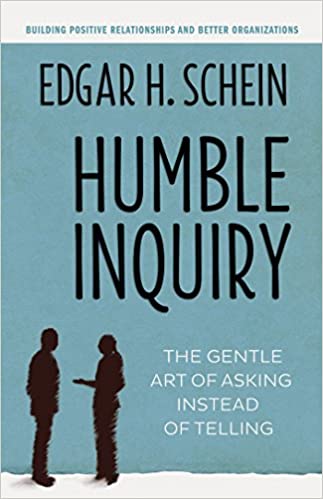
I recently reviewed Humble Inquiry by Edgar Schein. The subtitle is: The Gentle Art of Asking instead of Telling, which as a coach, had a great deal of appeal to me. Some key take-aways include:
- Asking questions to which you do not already know the answer, and building a relationship on sincere interest in the other person.
- When we tell instead of ask, we can sometimes offend or demean others.
- Barriers to humble inquiry include status, rank, and the roles we play in our professional and personal communities.
We can all practice this important skill by slowing down, becoming more mindful and aware of our interactions and our surroundings.
EXERCISE:
Consider exploring Humble Inquiry – The Gentle Art of More Asking and Less Telling as a door to greater wisdom for yourself.





